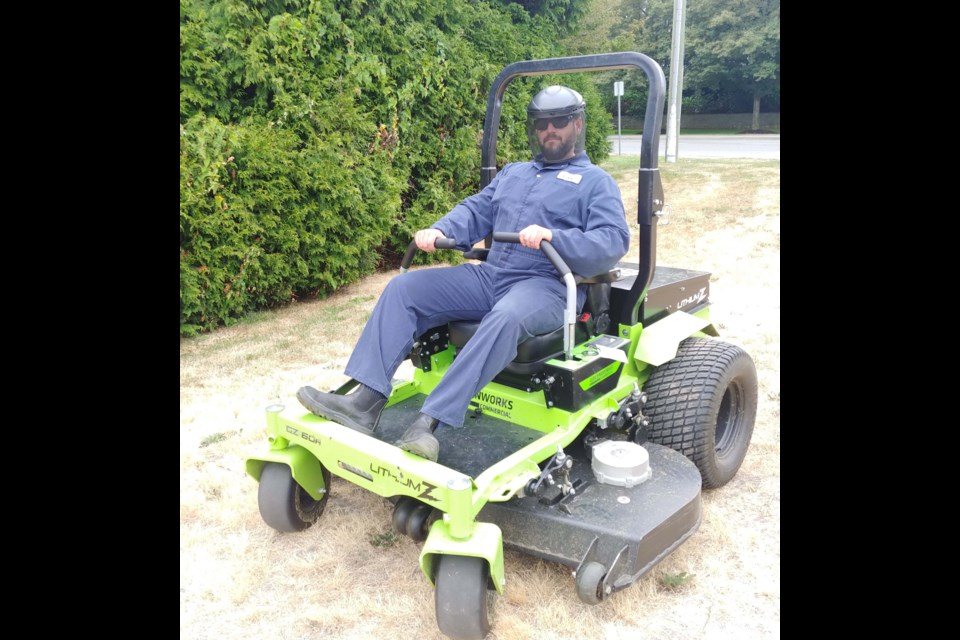If you’ve noticed that there’s a lot less noise coming from City of Richmond’s landscaping crews, you’d be right.
The city is currently testing a fleet of battery-powered equipment, as part of its bid to reduce greenhouse gas emissions to half of 2007 levels by 2030.
One of the methods being employed to reach that target is reducing those emissions from city-operated vehicles and other machinery.
According to a spokesperson for the city’s parks department, workers have been “trying out a range of electric equipment to maintain parks and outdoor spaces.”
The equipment being used includes seven backpack blowers, five handheld blowers, three grass trimmers, seven chainsaws, and 11 hedge trimmers.
“The overall experience seems positive. The units have no smell and are much quieter, which makes them more suitable for evening work if necessary,” said the spokesperson.
“On the downside, electric tools can be heavier, (are) not always able to offer enough battery life for commercial use, and (are) more expensive.”
While the tools can be five to 10 per cent cheaper than their gas counterparts, the initial cost of batteries outweighs that, according to the city.
“Having said that, anything that reduces or eliminates the noisy, smelly and gas-emitting units traditionally used is a positive step forward for the environment, the city and those using them.”
City workers are also trying out an electric ride-on mower which, although is much quieter and emissions-free, is apparently not lasting too long before having to be recharged.
The city will continue to trial the battery-powered equipment and is keeping an eye on the autonomous (driverless) mowers, although this technology “seems even further away given our needs,” added the spokesperson.
“The overall experience is that technology still has a way to go to produce electric equipment suited to large-scale commercial operations, but manufacturers are on a good path forward.
“As demand increases and more municipalities and businesses commit to reducing greenhouse gas emissions, we should see more robust equipment available.”



